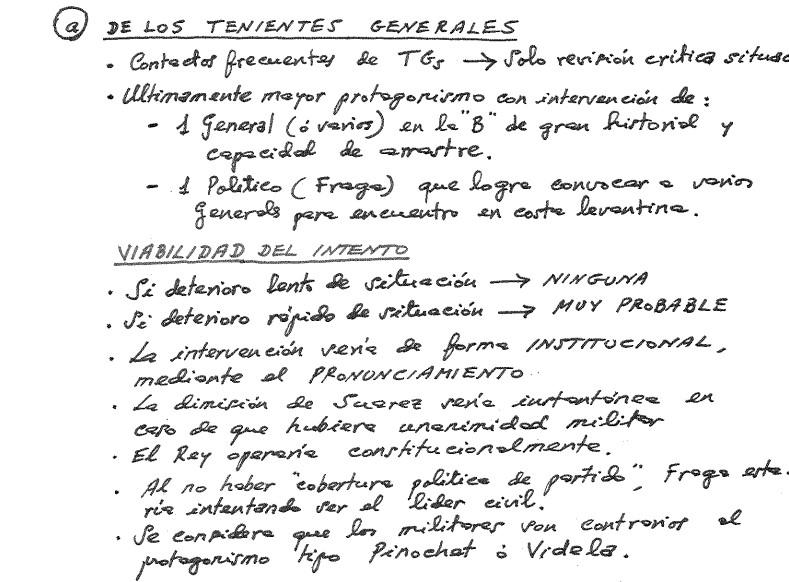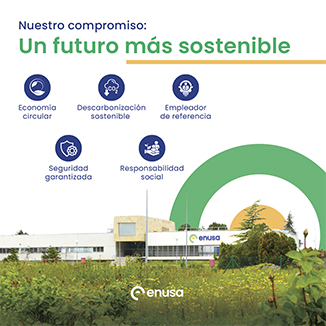LAS EXPECTATIVAS DE LAS POLÍTICAS ECOLÓGICAS
El otro día escuché a una científica decir en televisión que se debe confiar en ellos, los científicos, en todo aquello relacionado con el cambio climático tal y como se ha confiado siempre, a lo largo de los siglos, en la ciencia.
El cambio hacia estrategias que protejan el medioambiente y la lucha por el objetivo comprometido en el Acuerdo de París en 2015 son acciones muy necesarias. Este propósito “reforzar la respuesta mundial a la amenaza del cambio climático, en el contexto del desarrollo sostenible y de los esfuerzos por erradicar la pobreza” se basa, básicamente, en tres puntos: controlar el aumento de la temperatura media mundial, aumentar la capacidad de adaptación a los efectos adversos del cambio climático e incrementar las inversiones financieras que ayuden a un desarrollo sostenible con bajas emisiones de gases de efecto invernadero.
Pues bien, las políticas de algunos países abandonando estos compromisos y, en nuestro caso, España, que manifiestan un tibio esfuerzo en este sentido deben de preocuparnos, ya que las expectativas no se cumplen. La reducción de las emisiones en 40% para 2030 que propone la UE es un objetivo prácticamente inalcanzable para nuestro país debido a la falta de determinación de los agentes sociales y gobiernos para lograrlo. Seguimos anteponiendo la riqueza al bienestar y lo pagaremos caro.
La implicación de todos es necesaria para transformar los sectores productivos y, para ello, este objetivo debe pasar a ser prioritario en todos los planes estratégicos de empresas y administraciones. Los expertos apuestan por cambios en las fuentes de energía que se utilizan en producción y movilidad, por incrementar la cantidad de energía que proviene de fuentes renovables para ayudar en lo anterior y proporcionarla, también, a los ciudadanos y, finalmente, por implementar medidas de eficiencia energética en las que, sin duda alguna, podemos participar todos.
Asimismo, se debe trabajar en el aprovechamiento de los recursos en el que las políticas que fomenten la economía circular tienen mucho que aportar. Eliminar la obsolescencia programada, optar por la reparación y reutilización, la reducción y el reciclado de residuos son distintas facetas que apoyan este sistema.
“En la naturaleza no hay recompensas ni castigos, hay consecuencias”. (Bob Ingersoll)
THE EXPECTATIONS OF ECOLOGICAL POLICIES
One day, I heard a scientist saying on television that scientists should be trusted in everything related to climate change as it has always been trusted, over the centuries, in science.
The change towards strategies that protect the environment and the fight for the objective committed in the Paris Agreement in 2015 are very necessary actions. This purpose “to strengthen the global response to the threat of climate change, in the context of sustainable development and of efforts to eradicate poverty” is based, basically, on three points: controlling the increase in the global average temperature, increasing the capacity to adapt to the adverse effects of climate change and increase financial investments that help sustainable development with low greenhouse gas emissions.
Well, the policies of some countries abandoning these commitments and, in our case, Spain, which show a weak effort in this sense should worry us, since the expectations are not met. The reduction of emissions by 40% by 2030 proposed by the EU is a goal practically unattainable for our country due to the lack of determination of social agents and governments to achieve it. We continue putting wealth before welfare and will pay it dearly.
The involvement of all is necessary to transform the productive sectors and, for this, this objective must become a priority in all the strategic plans of companies and administrations. Experts bet on changes in the energy sources used in production and mobility, to increase the amount of energy that comes from renewable sources to help in the foregoing point and to provide it, also, to citizens and, finally, to implement measures of energy efficiency in which, without a doubt, we can all participate.
Likewise, work must be done on the use of resources in which the policies that promote the circular economy have much to contribute. Eliminating programmed obsolescence, opting for the repair and reuse, reduction and recycling of waste are different facets that support this system.
“In nature there are no rewards or punishments, there are consequences”. (Bob Ingersoll)
Antonio González Losa





















